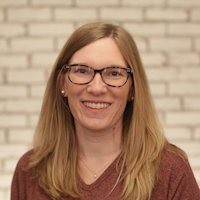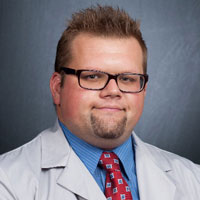
For those looking for a fresh take on the murder mystery fiction genre, you can do no wrong picking up Australian author Benjamin Stevenson’s Everyone On This Train Is A Suspect. The second book in the Ernest Cunningham series finds murder mystery writer Ernest Cunningham invited to attend a mystery writer’s festival taking place entirely during a long haul train ride across the Austrailian desert. The odd man out among more established murder mystery authors, Ernest is faced with pressure from needing to follow up his one (and only) successful whodunit novel. That story just so happened to be more of a recounting of events of a murder he stumbled upon (the subject of Ernest Cunningham book #1 – Everyone In My Family Has Killed Someone). His publisher suggests the cure for his writers block is attending the event, but without the advantage of real life event to spark his penmanship, he finds himself thinking how much easier it would be if tragedy struck the train. What are the odds it happens again…

Stevenson blends the fictional world of Ernest with the practical aspects of how to write a successful and gripping murder mystery. Frequently referencing S. S. Van Dine’s Twenty Rules for Writing Detective Stories (first published in 1928), Stevenson offers a playful recounting of the events of the 50th anniversary Australian Mystery Writers Festival. Included in the fictionalized memoir are the rules for mystery fiction including nothing supernatural, murderer must be a major enough character to impact the plot, etc. A clever and refreshing take on the genre, Everyone On This Train Is A Suspect will be hard to put down for both seasoned veteran mystery readers and neophytes alike. You need not start at the first book in the series and can read this as a standalone, though there are reference to the prior novel. Love, forensics, logic, and storytelling are all a part of Ernest’s world. The question is not whether you should pick it up, but rather can you solve the mystery before Ernest does?
 The fall meeting of the Society for Education (SEA) in Anesthesiology in Chicago, IL on November 7th, 2024 was titled “The Year of the Educator.” The theme was chosen to highlight the need for and support of development and growth of members as educators. The SEA fall meeting took place the day before the Society of Academic Associations of Anesthesiology & Perioperative Medicine to allow residency and fellowship program leadership the opportunity to extend and expand their learning at both meetings.
The fall meeting of the Society for Education (SEA) in Anesthesiology in Chicago, IL on November 7th, 2024 was titled “The Year of the Educator.” The theme was chosen to highlight the need for and support of development and growth of members as educators. The SEA fall meeting took place the day before the Society of Academic Associations of Anesthesiology & Perioperative Medicine to allow residency and fellowship program leadership the opportunity to extend and expand their learning at both meetings. 

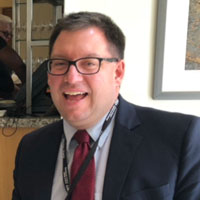
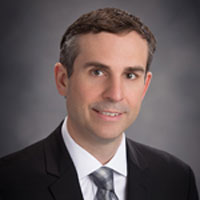 This will be my final contribution to the SEA newsletter as President. It provides me with the opportunity to reflect on what we have accomplished in the last two years and where we are going in the future. We emerged from COVID hungry for contact and renewed academic vigor, even as we struggled with less time and money allocated for educational endeavors. As a society, we have worked hard to provide our members with enhanced mentoring, resources and support. We continue to work together to address the issues we all face and develop creative solutions to our problems. I am proud of our demonstration of resilience and enthusiastic attack on problems that others have resigned themselves to.
This will be my final contribution to the SEA newsletter as President. It provides me with the opportunity to reflect on what we have accomplished in the last two years and where we are going in the future. We emerged from COVID hungry for contact and renewed academic vigor, even as we struggled with less time and money allocated for educational endeavors. As a society, we have worked hard to provide our members with enhanced mentoring, resources and support. We continue to work together to address the issues we all face and develop creative solutions to our problems. I am proud of our demonstration of resilience and enthusiastic attack on problems that others have resigned themselves to.

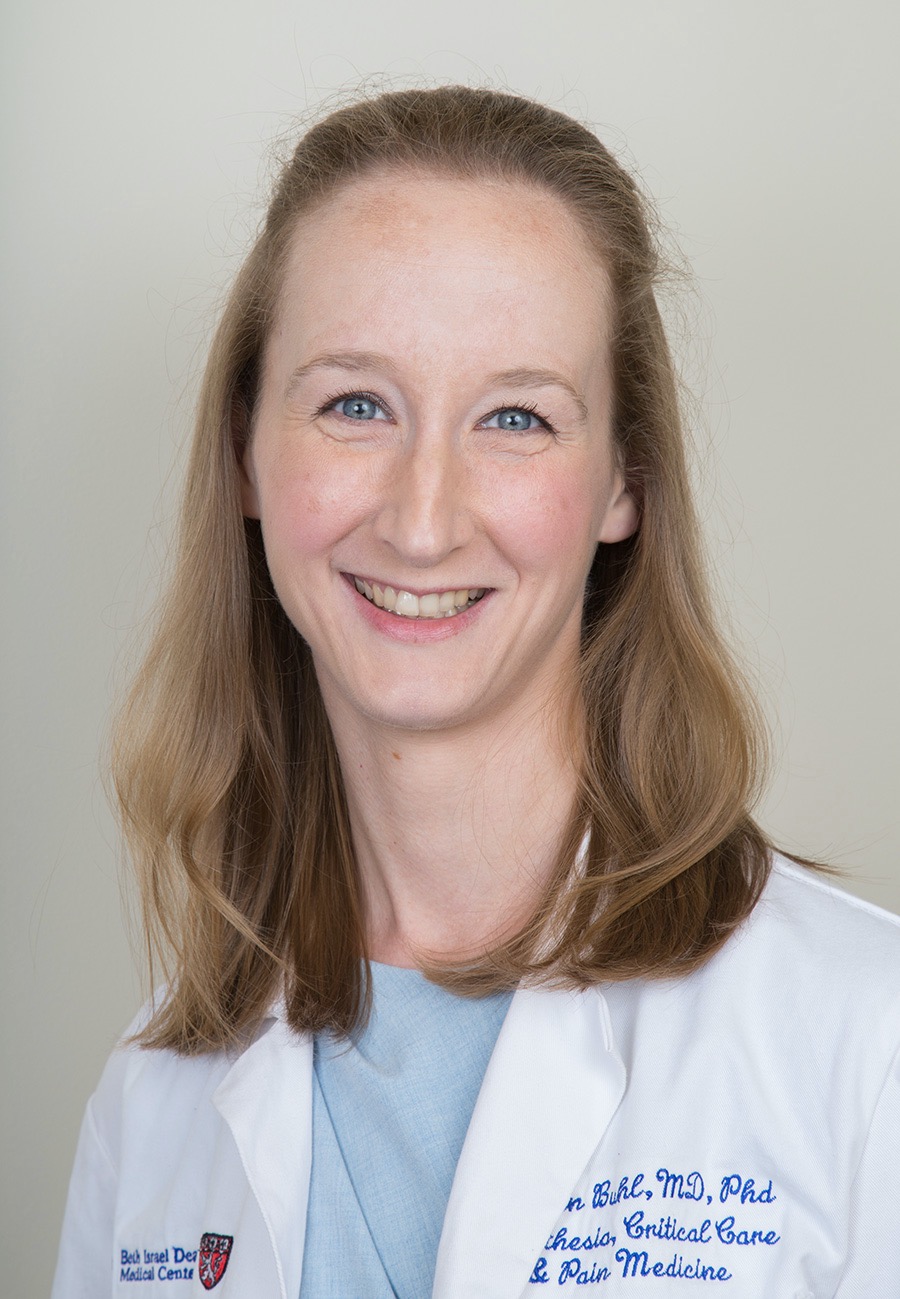
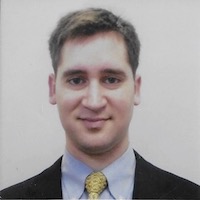
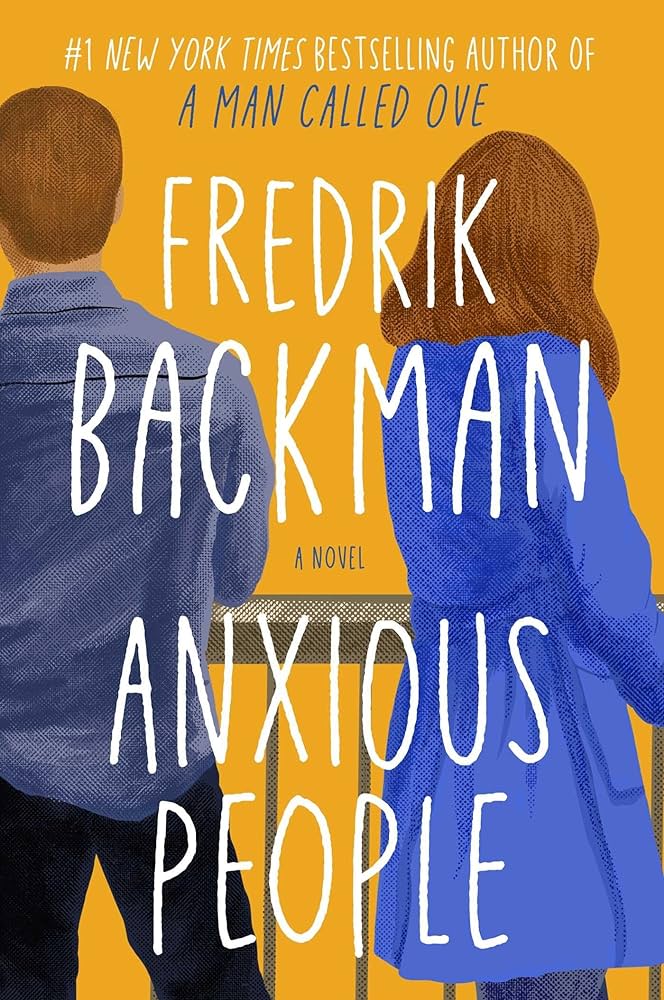
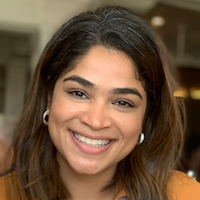
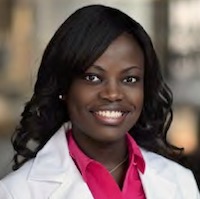
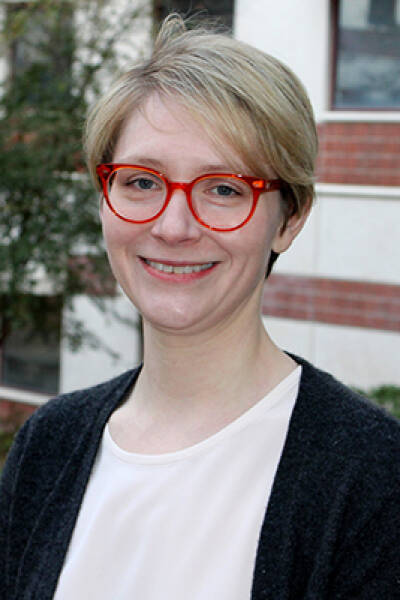
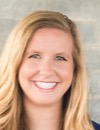
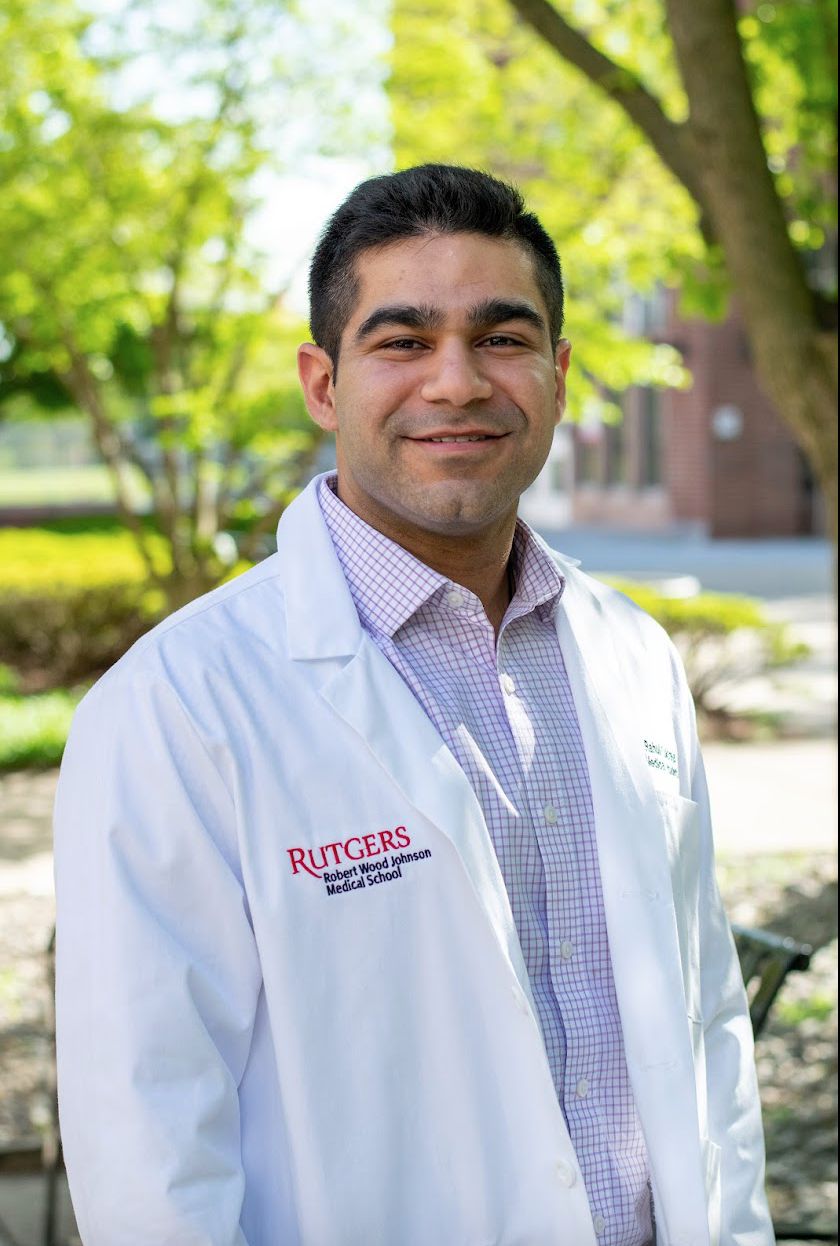
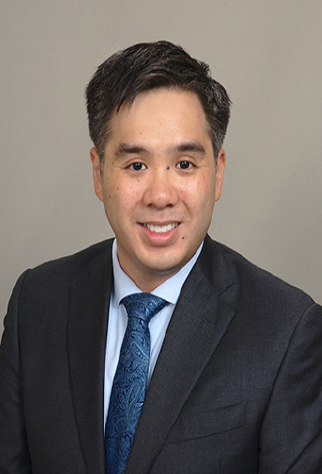
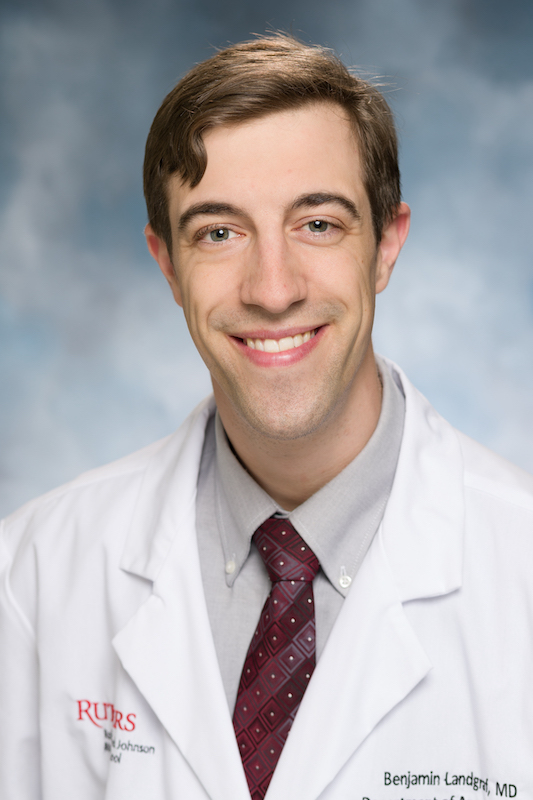
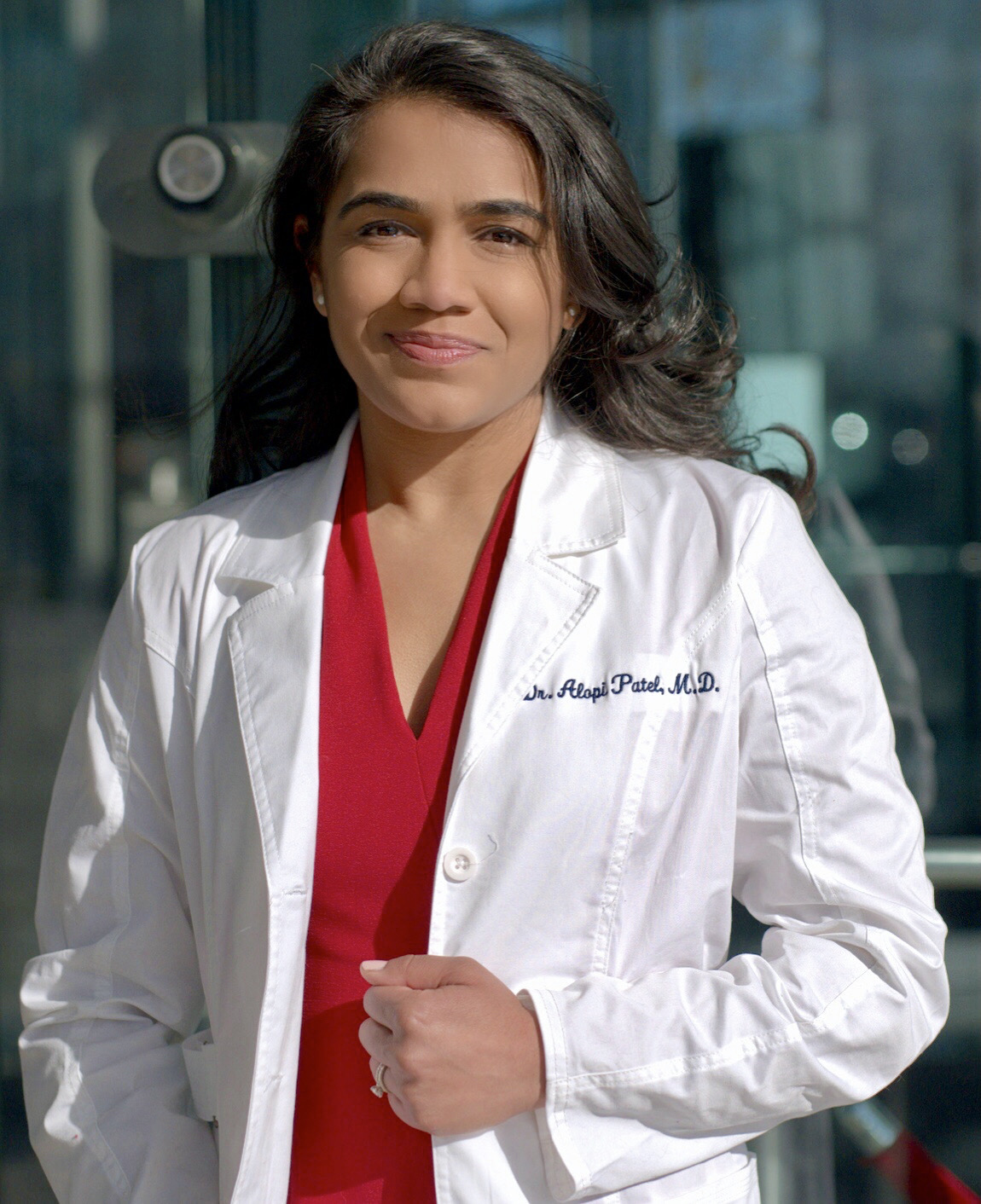
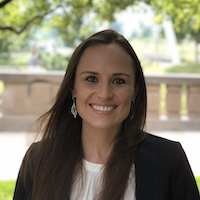 Dr. Monica Arndt
Dr. Monica Arndt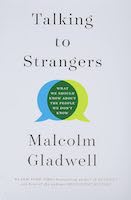
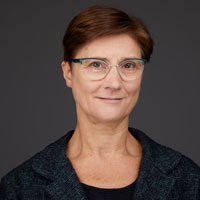
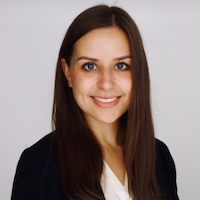 Natalie Koons, DO
Natalie Koons, DO